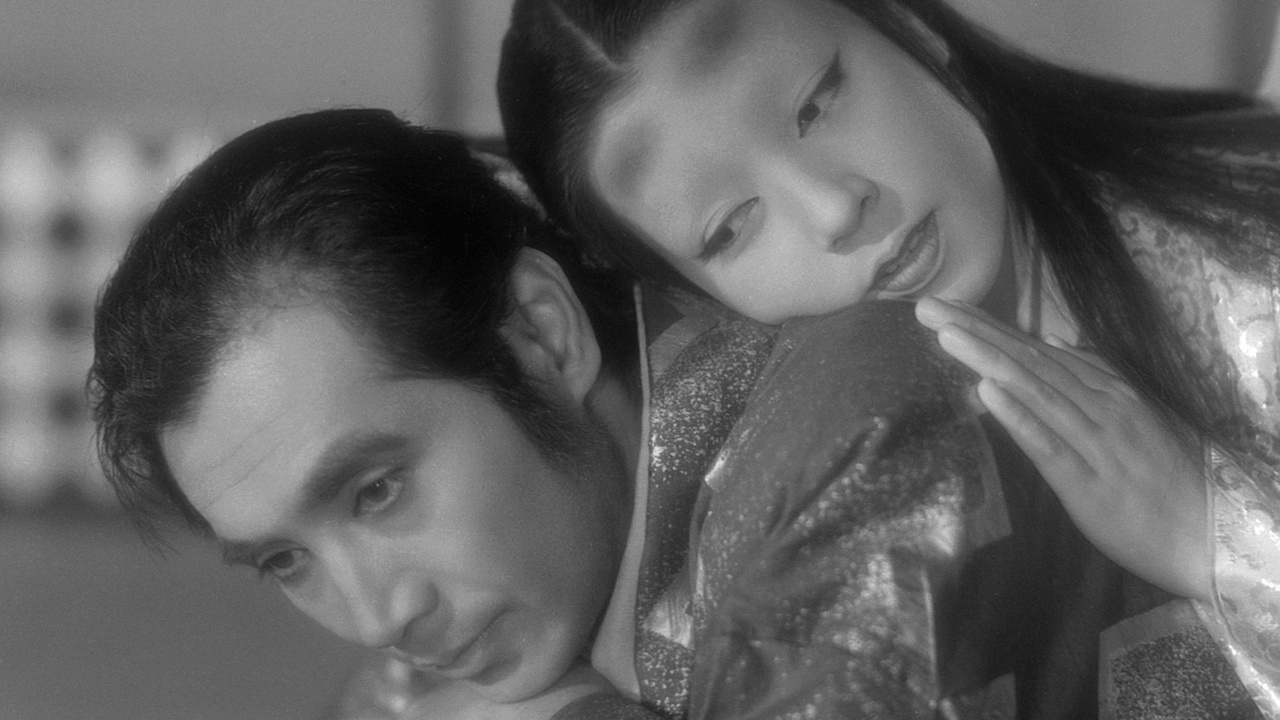
Plenty of people love movies, but not everybody loves movies outside of their native land. Similar to how some Americans will say that they’re foodies but only eat pizza, burgers, and chicken nuggets, the same goes for how some American movie fans will primarily watch movies made in the U.S.A.
And then, there are those who will watch one or two prominent directors from a given country, and then call it a day. I’m talking about films by Ingmar Bergman, Francois Truffaut, and Akira Kurosawa, who were from Sweden, France, and Japan, respectively.
Well, while I’d love to talk about classic Swedish and French films that are not from Bergman or Truffaut, today, I wanted to talk about classic Japanese movies (many of them in black and white) that are not from Akira Kurosawa. So, don’t expect Rashomon or Seven Samurai on this list. I might save that for another day.
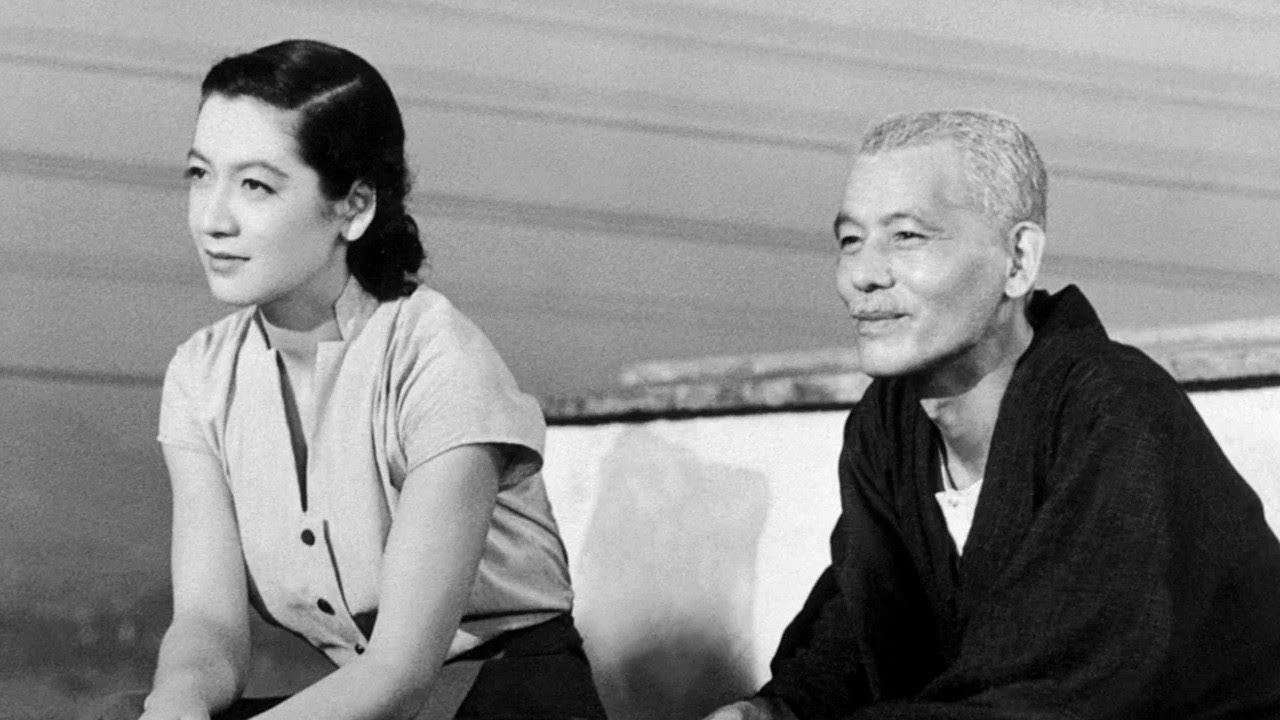
Tokyo Story (1953)
Directed by Yasujiro Ozu (who actually began his work in the silent movies era), Tokyo Story is about two elderly parents who are making a voyage to see their children, who really don’t have the time of day for them. What follows is a meditative look at mortality, and what it means to both have children, and also be children. It’s a message that everybody can understand, no matter what part of the world you reside in.
This must be why it’s garnered so much acclaim. The prestigious Sight and Sound Magazine, which had the classic Citizen Kane topping their lists of the greatest movies of all time for multiple decades, also usually has Tokyo Story ranked very highly. In fact, it was ranked at #4 on 2022’s list. (Just below Citizen Kane at #3!)
And, for good reason! Tokyo Story is both a beautiful movie, and also a cautionary tale of making sure that you love the ones you have for as long as you have them. It’s a masterpiece, plain and simple.
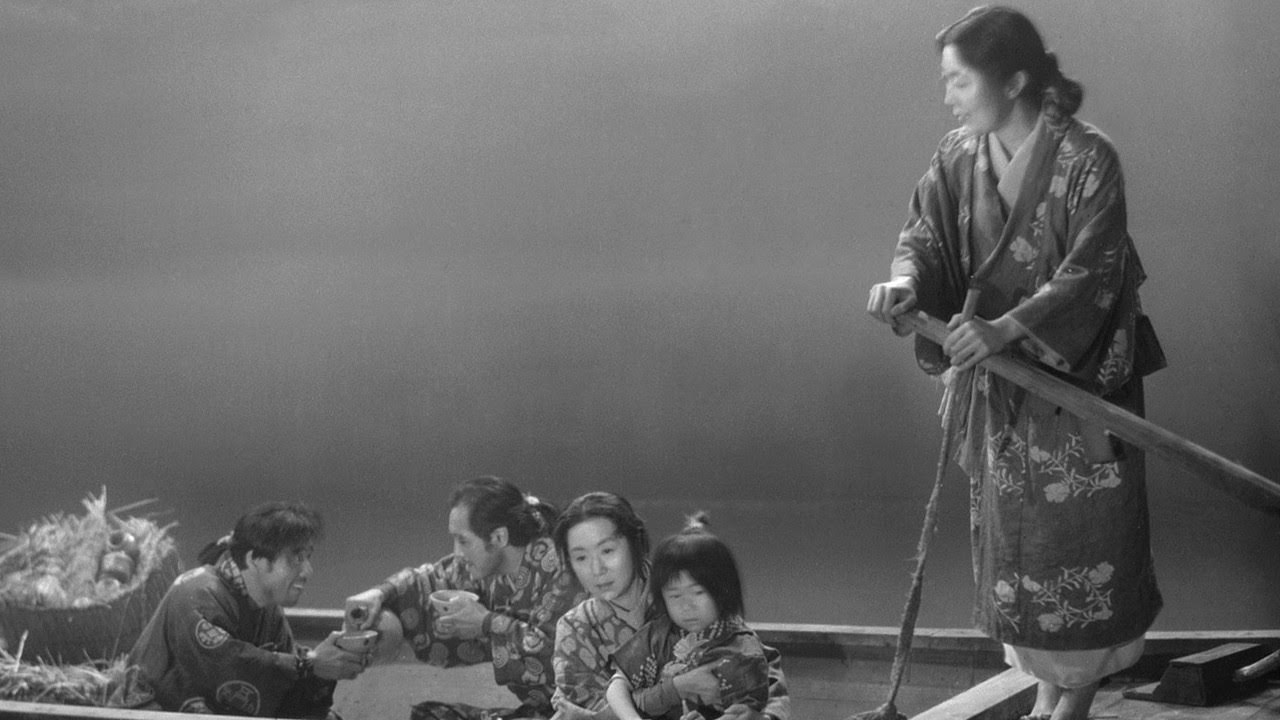
Ugetsu (1953)
Apparently, 1953 was a very good year for Japanese cinema, because besides Tokyo Story, we also got director Kenji Mizoguchi’s Ugetsu, which has also appeared on Sight and Sound’s list of the best movies of all time. Not only that, but Martin Scorsese considers it one of his favorite movies ever, and film critic Roger Ebert definitely didn’t put it on his most hated list, as he also considered it one of the greatest movies of all time. So, yeah. It's sort of a big deal.
Based on two stories from Ueda Akinari’s book, Ugetsu Monogatari, which literally translates to Tales of Moonlight and Rain, this may not be considered one of the greatest horror movies of all time, but it definitely haunted me and stuck with me long after I watched it.
In a nutshell, this is a story about two ambitious husbands – one who desires to be a samurai, and the other who wants to get rich off of his pottery – and the ramifications that their ambitions have on their families. But, it’s also a ghost story, and one that really unnerved me throughout. If you see only one movie on this list, please make it Ugetsu. I’m begging you!
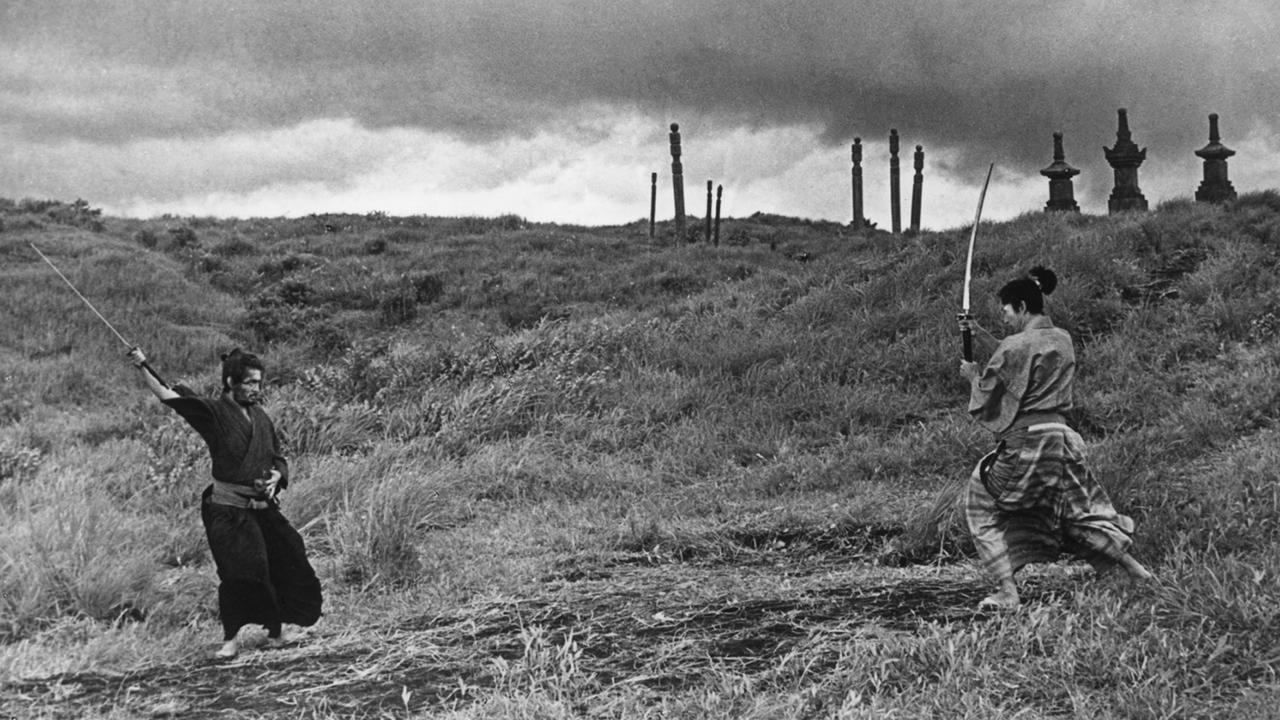
Harakiri (1962)
Directed by Masaki Kobayashi, and appearing on our list of the best samurai movies of all time, Harakiri, which is the act of ritually disemboweling yourself (also known as seppuku), is a harrowing story of retribution, and definitely one that needs to be watched if you’re into Japanese period pieces.
The story concerns a ronin who requests to perform harakiri on himself to a collection of samurai, only to reveal that his intentions aren’t quite what they seem. It's a thrilling story that gets better and better the more it unfolds itself, until it reaches its explosive climax. I know a lot of people consider Seven Samurai to be the greatest samurai movie of all time, but for me, it’s Harakiri, which is unlike any other samurai film you’ll likely ever see.
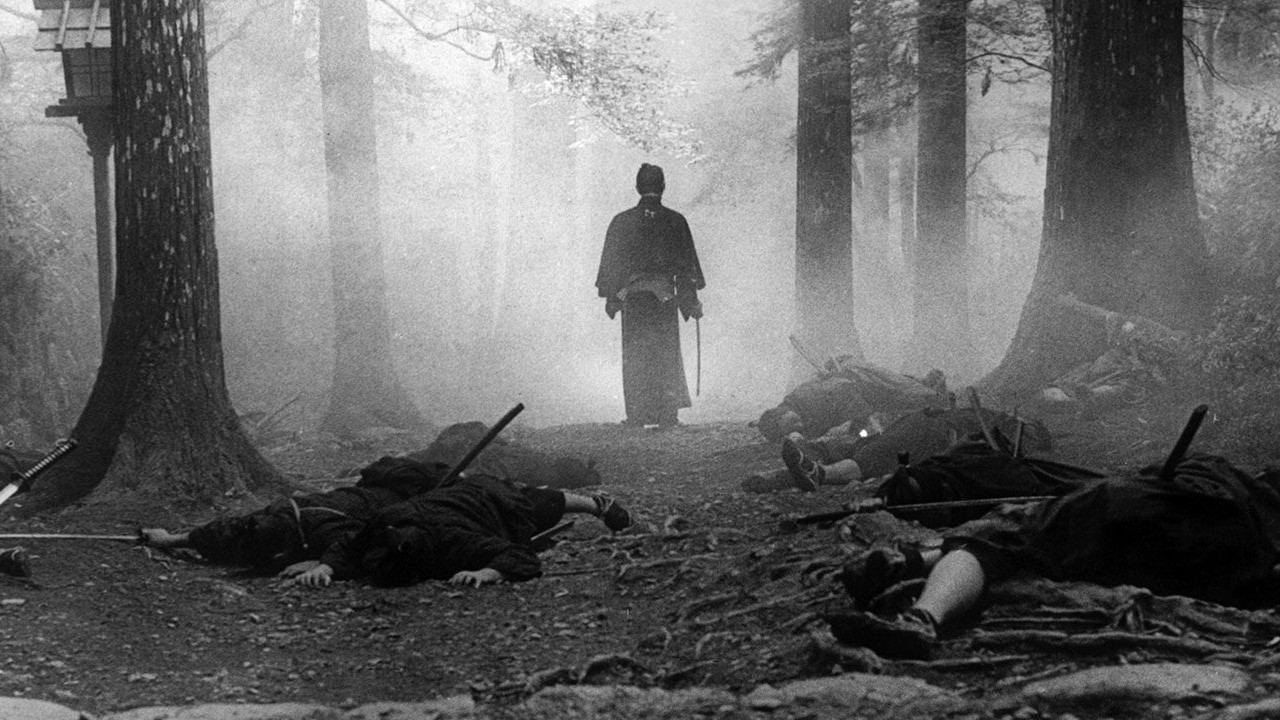
The Sword Of Doom (1966)
Another jidaigeki film (Jidaigeki is basically a period drama, mostly set in the Edo period. Harakiri is one such example), The Sword of Doom is a more traditional samurai film, and it stars Tatsuya Nakadai, who, as of this writing, is still alive at 90, and also starred in the aforementioned Harakiri.
Directed by Kihachi Okamoto, The Sword of Doom, which is based off of a serial novel with the same title, is about a real scumbag protagonist. The man in question is Ryunosuke Tsukue (Nakadai), a skilled swordsman who takes what he wants, because he knows that he has the skill to back up his actions.
Personally, I love scumbag “heroes” in my stories (like in the Safdie Brothers movies, Good Time and Uncut Gems), but if you don’t like scumbag leads and prefer characters who you can actually root for, then this film might not be for you, because oh, man. Ryunosuke Tsukue is such a d-bag!
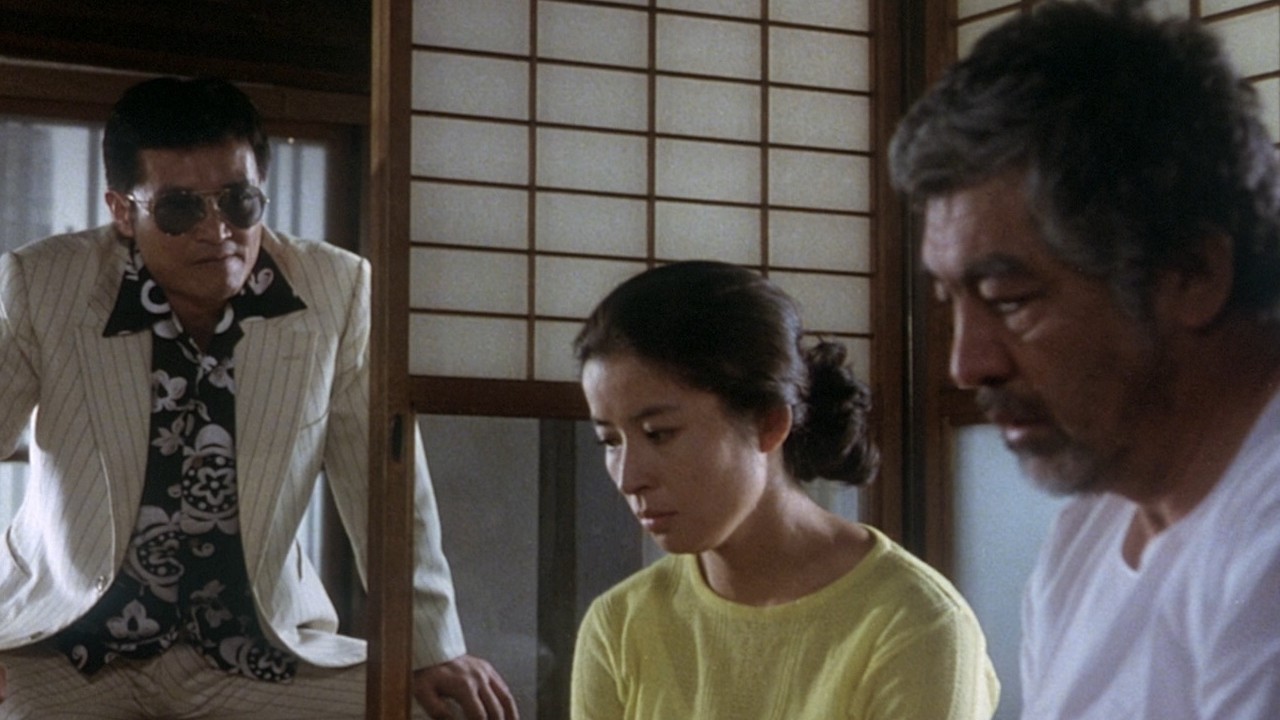
Vengeance Is Mine (1979)
Speaking of d-bags, I want to close off with Shohei Imamura’s Vengeance Is Mine, which is adapted from the Ryuzo Saki book of the same name, and based on an actual serial killer who terrorized Japan. Have you ever seen the movie, We Need to Talk About Kevin? Well, Vengeance Is Mine has serious We Need to Talk About Kevin vibes, but worse, since these are actual events (though, details were likely changed to a certain extent).
It's mostly told in flashback, and it’s super tense. Throughout the movie, you’re wondering who our protagonist’s next victim will be, and how he’ll be able to get away with it. But, also involved in the story are the family members of the "hero," and what they have to go through when they find out that the person on the loose is actually someone they know. It’s a deeply distressing movie, and one that you should definitely watch if you're into crime dramas.
There are plenty of other classic Japanese films not directed by Akira Kurosawa, but I thought I would just give you a sampling. So, remember, if you really love movies, then try to look into other storytellers than the ones you’re already familiar with. It’s much more rewarding that way.







